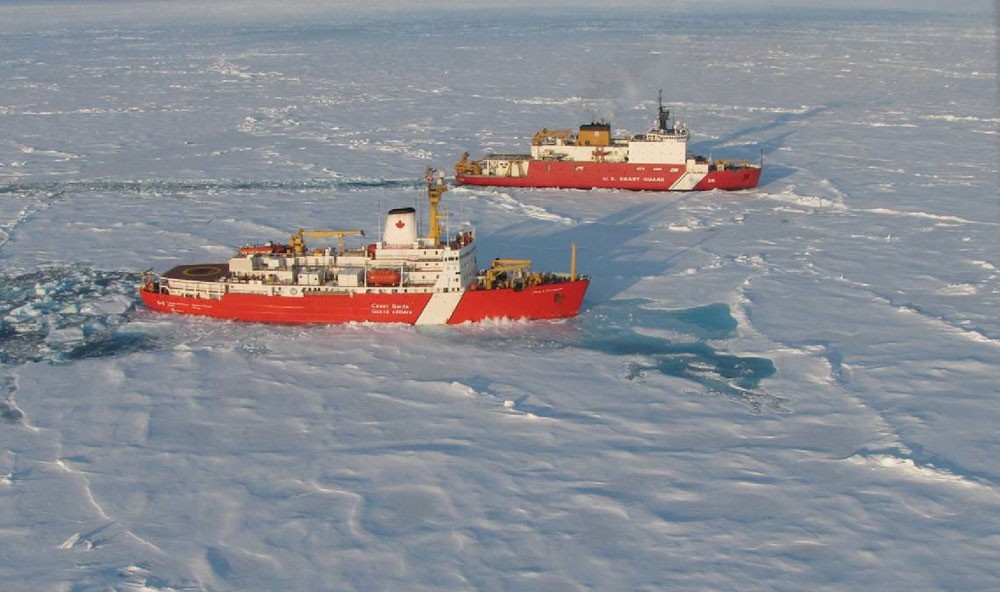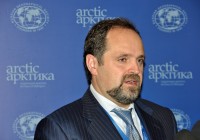
Canada to submit Arctic continental shelf claim in 2018
ADVERTISEMENT
Under the United Nations Convention on the Law of the Sea (UNCLOS), which Canada ratified in 2003, all coastal states have a continental shelf extending 200 nautical miles (370 km) from coastal baselines. They can also extend their claim by 150 nautical miles (278 km) beyond 200 nautical miles if the shelf is a natural prolongation of their landmass.
However, there are circumstances where a coastal state can claim even further than 350 nautical miles, said Mary-Lynn Dickson, head of Canada’s UNCLOS Program.
“For instance in the case of submarine elevations, if a coastal state can prove that submarine elevation is part of its continental landmass, and if that feature extended beyond 350 nautical miles from their baselines, the coastal state could delineate an outer limit past 350 nautical miles,” Dickson said.
Listen to Radio Canda’s interview with Mary-Lynn Dickson here
Canadian scientists claim that Lomonosov and Alpha-Mendeleyev Ridgesm, underwater mountain ranges stretching under the Arctic Ocean from Canada to Russia, are submarine elevations, thus giving them the right to claim the seabed under the North Pole.
Denmark too has delineated their outer limits extending from Greenland, across the Arctic Ocean, to the 200 nautical mile Exclusive Economic Zone of the Russian Federation, Dickson said.
“We have collected data and we will develop it as best as we can to make scientific case, and we expect that we will overlap with Denmark and Russia,” she said.
ADVERTISEMENT
“Canada is currently preparing an Arctic submission that is based on science,” said in an email John Babcock, a spokesperson for Global Affairs Canada. “The collection and analysis of scientific data to support the submission is ongoing, with a final survey to be undertaken later this summer, in collaboration with Sweden and Denmark.”
This story is posted on Independent Barents Observer as part of Eye on the Arctic, a collaborative partnership between public and private circumpolar media organizations.
ADVERTISEMENT
The Barents Observer Newsletter
After confirming you're a real person, you can write your email below and we include you to the subscription list.


